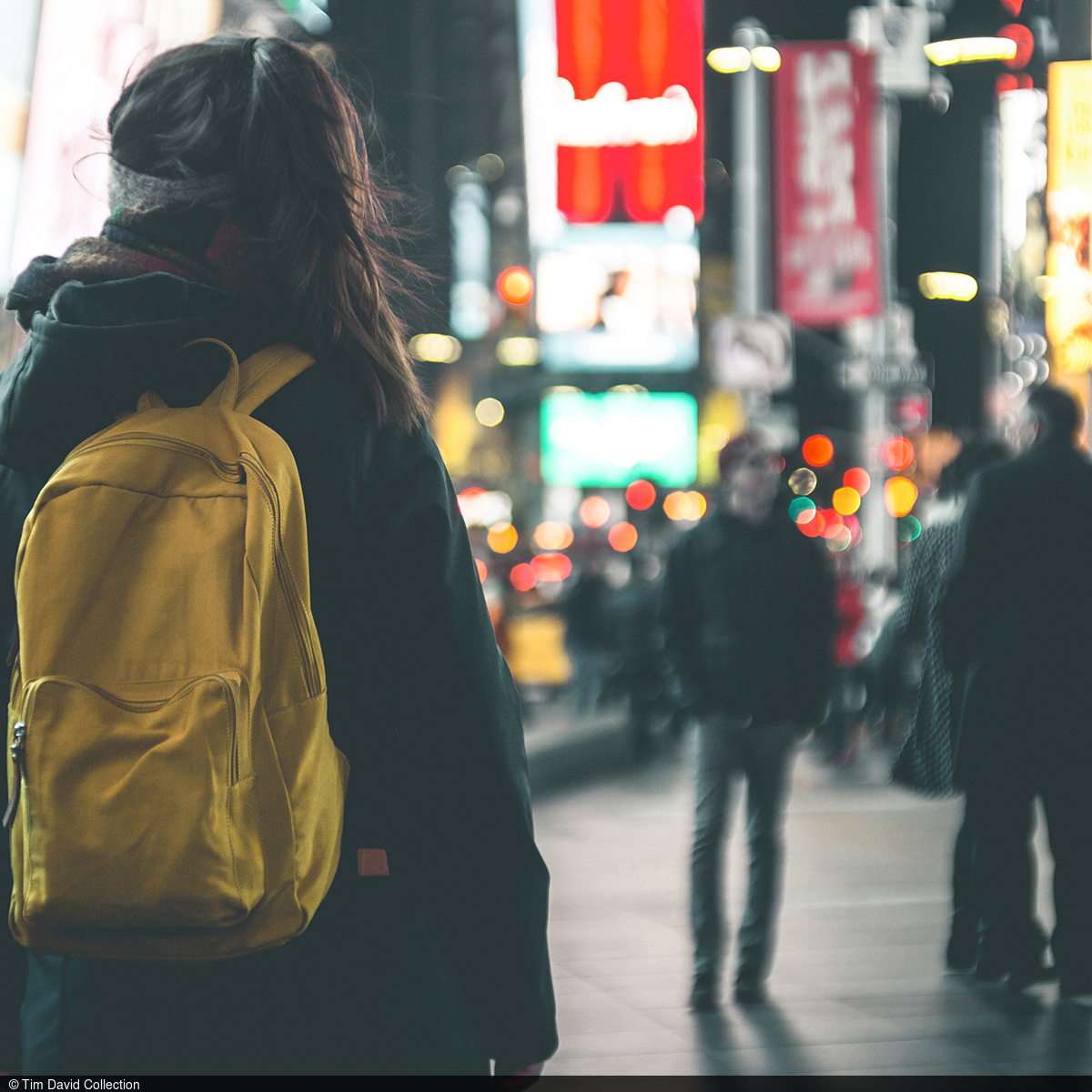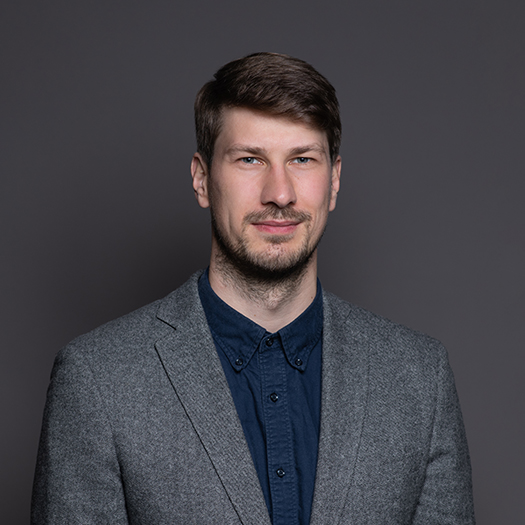Germans Feel Significantly Less Secure and Seek Enhanced Protection
ResearchZEW Study on the Effects of Crimes by Migrants during the 2015 New Year’s Eve Celebrations in Cologne
The New Year’s Eve celebrations in Cologne in 2015 were overshadowed by more than a thousand crimes. These ranged from theft to sexual assault and were allegedly mostly committed by North African refugees. A study by ZEW Mannheim and Goethe University Frankfurt, based on data from the European Social Survey (ESS), now scientifically confirms for the first time that Germans feel significantly more insecure after these events and are more actively engaged with the topic of self-defence.
“We demonstrate that the population’s sense of security decreased by about five per cent, an effect that persisted for up to two years. This loss is even higher among women, victims of crimes, and politically right-leaning individuals,” explains co-author Dr. Martin Lange, who heads the Junior Research Group “Integration of Migrants and Attitudes towards the Welfare State (IMES)” in ZEW’s “Labour Markets and Social Insurance” Unit.
“Following the events on New Year’s Eve, internet searches for terms like ‘pepper spray’ and ‘self-defence’ rose sharply. The crimes also worsened the overall public attitude towards refugees and immigrants,” Lange adds.
Loss of trust in public security
On New Year’s Eve from 2015 to 2016, violent disturbances occurred in Cologne, making national headlines. The alleged perpetrators were predominantly young men from North African states and/or of Arab origin who arrived in Germany as refugees in 2015. The reactions to these criminal incidents may also have political repercussions. The increased demand for defence goods can be interpreted as a loss of trust in the state’s ability to guarantee the safety of its citizens. “Political decision-makers should be aware of the potential risks of a trend towards individual self-armament and take measures to counteract it,” concludes Martin Lange.
Data basis
Using data from the European Social Survey (ESS), the Socio-Economic Panel (SOEP), and a difference-in-differences estimator, the researchers compared the sense of security in Germany before and after New Year’s Eve with that in other European countries serving as a control group. The control group approach is based on the assumption that other European countries also experienced a significant influx of asylum seekers around 2015 but were not directly affected by the events on New Year’s Eve.


